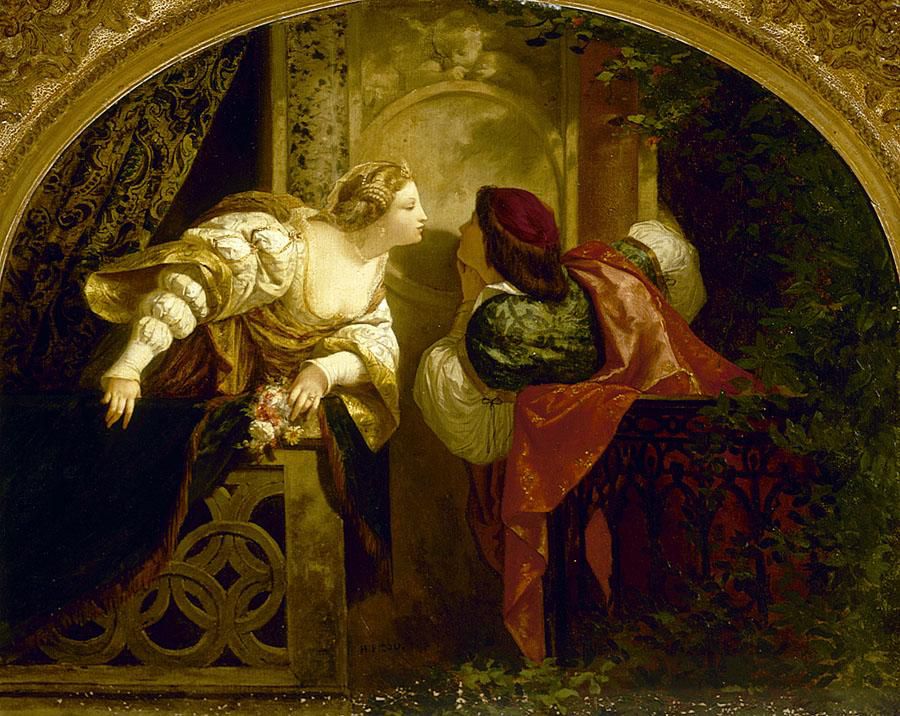Finding Our Own Way Home

The Douglas reading this week got me thinking about one of my favorite stories; Shakespeare’s Romeo and Juliet. Cliche I know, but I love a good romance. Every time I watch the Baz Luhrmann interpretation of this story I’m tormented by the same questions: What if Romeo had received notice about Juliet’s plan to fake her own death? What if he’d waited just a few seconds longer? What if Juliet’s plan worked and they escaped to mantua and lived happily ever after?
Truthfully, I find this story so devastating I wish I could change the ending, but at the same time I know I can’t which is what makes it such a masterpiece.
I like the idea of a beginning, middle and an end, and I also like the idea of being taken on a journey. Interactive reading is intriguing, and I think it’s important to have the power to create our own meaning with a text, but I also love that a good old fashioned story gives you no option but to view life differently. Perhaps it leaves you unsatisfied, but isn’t that what life is about sometimes?
I think if all stories were interactive there’d be less lessons learnt because we’d always be making choices to suit ourselves. Even if different readers choose different endings we’d still, as interactive readers, have the ability to change the ending again.
As much as the story of Romeo and Juliet breaks my heart, it is what it is and there’s nothing I can do about it. Without Shakespeare’s control over the reader through a beginning-to-end structure, what lessons would we learn? It would be a sad world indeed without this tragic tale.